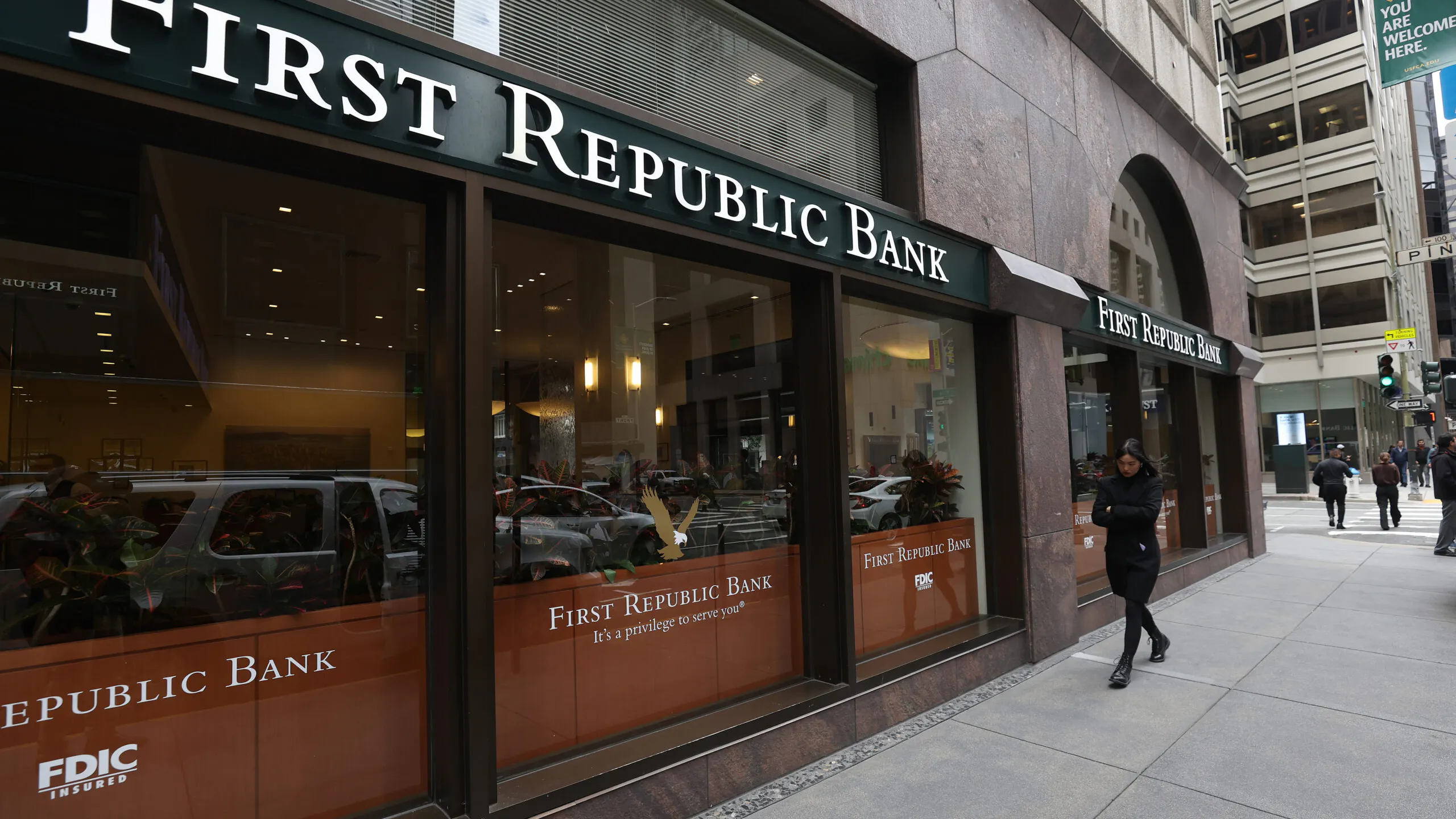Nearly half of Americans are concerned about the security of their bank deposits after the failure of multiple financial institutions, according to a survey from Gallup unveiled on Thursday.
Silicon Valley Bank and Signature Bank, both of which had large majorities of account holders with balances above the maximum threshold guaranteed by the Federal Deposit Insurance Corporation, collapsed in early March as customers rushed to withdraw their funds. Neither insured nor uninsured deposits at the former two banks lost access to their balances. First Republic Bank was nevertheless obtained and subsequently sold by regulators on Monday as unease continued, while PacWest announced the possibility of a sale on Thursday, and other regional banks with reduced deposit levels faced turmoil on the stock market.
Some 19% of Americans are “very worried” about the safety of their funds deposited in banks and other financial institutions while 29% are “moderately worried,” according to the survey from Gallup. Around 30% are “not too worried,” and, on the other hand, 20% are “not worried at all.”
Gallup conducted the poll between April 3 and April 25, the month after Silicon Valley Bank and Signature Bank collapsed. First Republic Bank had not yet failed at the time of the survey.
The FDIC maintains the Deposit Insurance Fund, which guarantees accounts with balances less than $250,000. Depositors can hold an unlimited number of insured accounts provided they are hosted at separate financial institutions backed by the FDIC, which fills the Deposit Insurance Fund with fees on banks rather than taxpayer dollars.
Gallup noted that heightened concern about the security of deposits could emerge from either “lack of awareness of the protections for small accounts provided by federal deposit insurance” or “fear of a snowball effect that could bring down federal insurance as well.”
Whether or not concerns about the banking system are justified, regulators have sought to assure investors and depositors in recent weeks that the financial sector is supported.
Republicans and independents were more likely than Democrats to state that they were at least “moderately worried” about the safety of their bank accounts, according to Gallup. Respondents with lower annual household incomes and those without college degrees were also more likely to express worry. Party affiliation was likewise a strong predictor of respondent sentiments about the 2008 financial crisis: Democrats were more likely than Republicans to state that they were “very” or “moderately worried” two months before the election of President Barack Obama, while levels of concern fell for Democrats and rose for Republicans in the month after his election.
CLICK HERE TO GET THE DAILYWIRE+ APP
The continued volatility in the financial sector occurs after Federal Reserve Chair Jerome Powell declared on Wednesday afternoon that the banking system remains “sound and resilient.” He said at a press conference that officials are “committed to learning the right lessons from this episode and will work to prevent events like these from happening again.”
Monetary policymakers concluded that instability in the banking system warrants a recession forecast for the end of the year, followed by a predicted recovery over the course of the subsequent two years. “If banking and financial conditions and their effects on macroeconomic conditions were to deteriorate more than assumed in the baseline, then the risks around the baseline would be skewed to the downside for both economic activity and inflation, particularly because historical recessions related to financial market problems tend to be more severe and persistent than average recessions,” minutes from a recent Federal Reserve meeting said.

.png)
.png)

